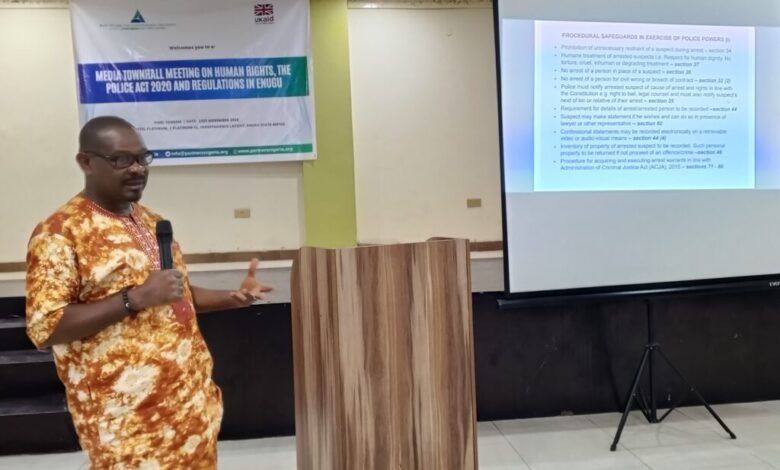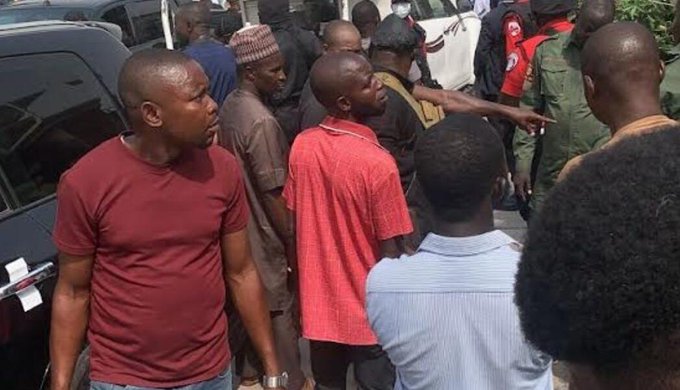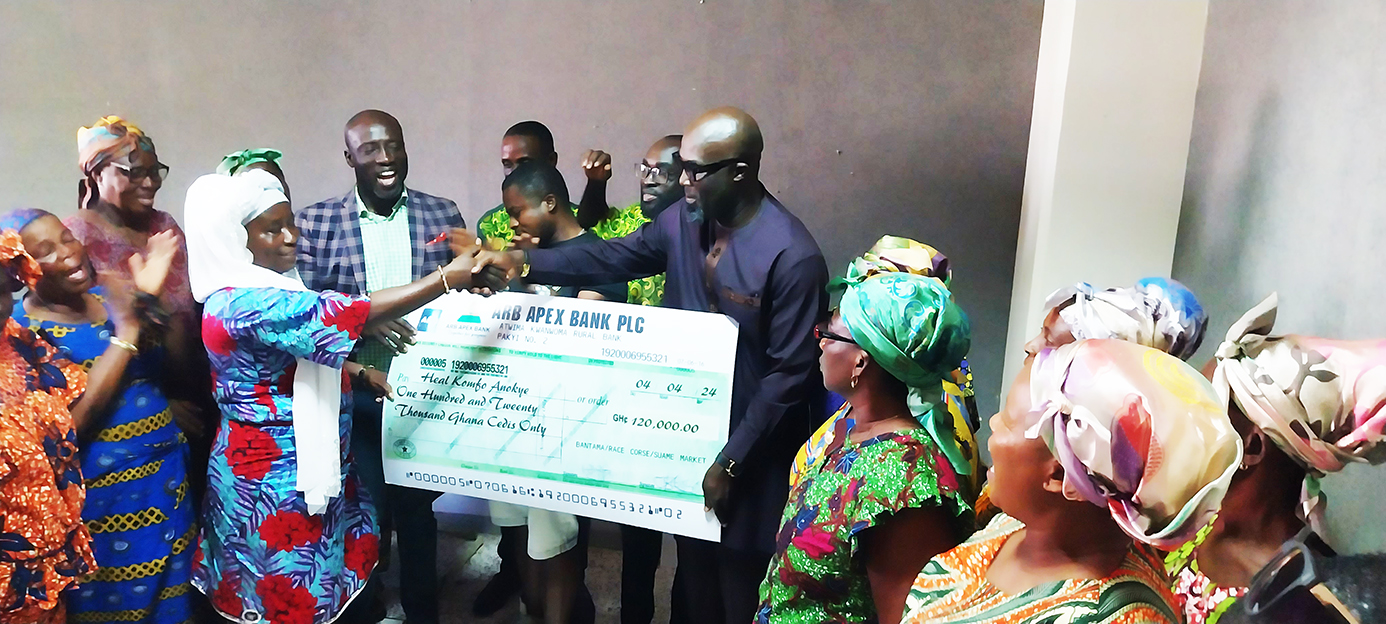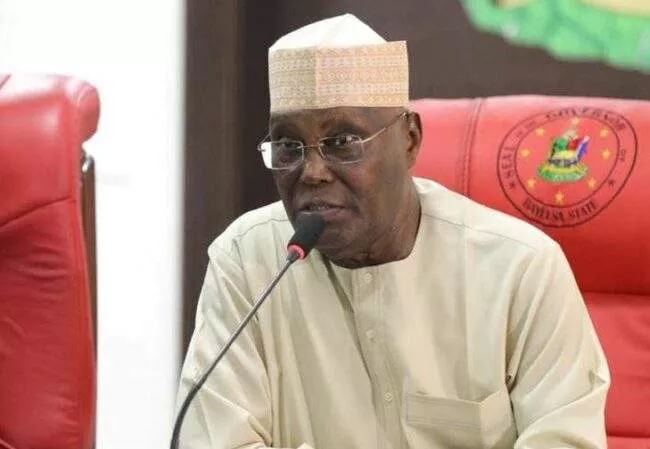Stop arresting Youths wearing dreadlocks, tattoos – Group tells Police – Crime Channels

Stop arresting Youths wearing dreadlocks, tattoos – Group tells Police
Some Non-Governmental Organisations have urged the Nigerian Police to stop arresting youths based on their physical appearance or fashion like wearing dreadlocks and bearing tattoos.
Rule of Law and Empowerment Initiative, also known as Partners West Africa Nigeria (PWAN) and the Rule of Law and Accountability Centre (RULAAC), made the call at a one-day media townhall awareness on human rights, the Police Act and Regulations in Enugu on Thursday.
The Executive Director of RULAAC, Mr Okechukwu Nwanguma, in his presentation, said the Nigeria Police Act, 2020 provided for the protection of rights of citizens.
Nwanguma, however, noted that it was regrettable that not many Police nor members of the public knew about the document for lack of awareness.
He said the Police act as amended, prohibited personnel from stereotyping like arresting a person based on tribe, religion, wearing dreadlocks or bearing tattoos.
“The general objectives of the Act, the provision of an efficient and effective police service are based on the principles of accountability and transparency, protection of human rights and fundamental freedoms.
“It prohibits against gender discrimination by Police, torture, no arrest of persons on a civil wrong, no arrest of person in lieu of suspect.
“The Act prohibits arrests based on stereotypes, for example. hair, age, dressing, skin colour or tattoos,” he said.
Nwanguma called on the Police to engage the media on creating awareness of the Police Act while urging journalists to be abreast of the provisions of the document in order to exercise their role as watchdogs of the society better.
On his part, Mr Bash Oluwasupo, a facilitator, in his lecture, said the media under Nigeria’s constitution, played a crucial role in holding the government accountable.
Oluwasupo said it was the duty of the media to investigate corruption and abuses of power, inform citizens about their rights and provide a platform for discussion and debate on policies and governance issues as well as give voice to the marginalised.
“The media plays a crucial role in this framework by acting as a watchdog and facilitating the dissemination of information to the public.
“Through investigative journalism, the media can uncover issues of misconduct and corruption, thereby supporting the objectives of the Freedom of Information Act.
He said though not explicitly stated, the Police Act protected journalists from undue harassment and ensured they could report on issues related to policing and public safety.
“The Nigeria Police Act underlines the necessity of a constructive relationship between the police and the media, balancing the need for transparency with the need for operational security,” he said.
Earlier in her opening address, Mrs Nkem Okereke, Monitoring and Evaluation Officer, PWAN said the event aimed to enhance the understanding and implementation of the Police Act 2020 and its associated regulations among the Nigerian Police management team.(NAN)





